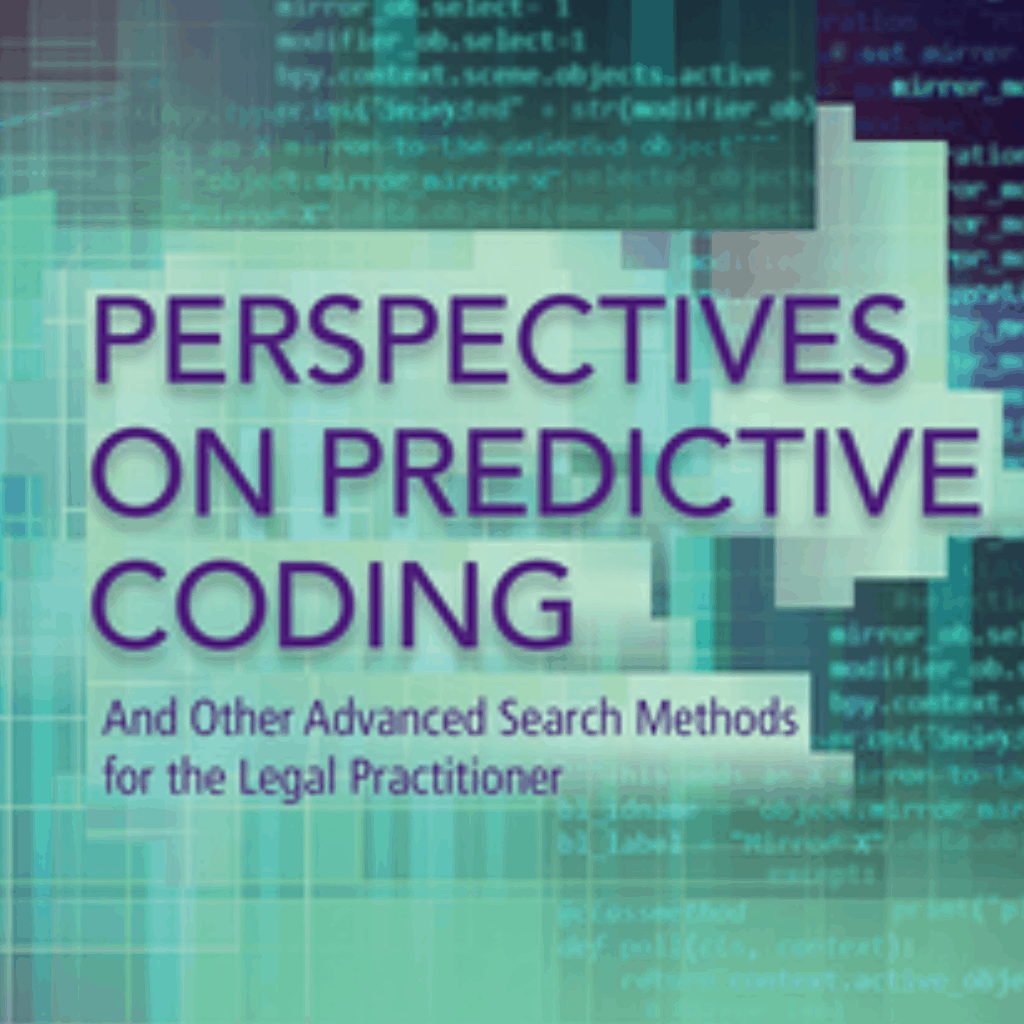ARCHIVED CONTENT
You are viewing ARCHIVED CONTENT released online between 1 April 2010 and 24 August 2018 or content that has been selectively archived and is no longer active. Content in this archive is NOT UPDATED, and links may not function.Extract from article by Ralph Losey
Today, every lawyer conducting “discovery” in civil litigation needs to confront the fact that—no matter how large or small the case may be—it is insufficient to simply define the search task as being limited to finding relevant documents in traditional paper files. The legal profession lives and breathes in a world of “electronically stored information” (ESI), a term of art introduced into legal practice by virtue of the 2006 amendments to the Federal Rules of Civil Procedure.
But what constitutes our doing a “reasonable” job in finding relevant evidence in a world exploding in data? The initial approach lawyers took (and still take) to confronting large volumes of ESI is to rely on keyword searching, supplemented by manual searches, to cull out relevant and privileged material before a production is made to opposing counsel. Although these “time-tested” approaches have their defenders, simple reliance on manual and keyword searching increasingly is seen as inadequate to the task at hand, both on grounds of accuracy and efficiency, as compared with more advanced search techniques.






















